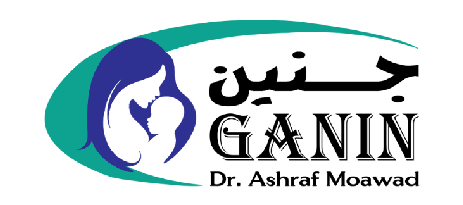 مركز جنين لعلاج العقم وأطفال الأنابيب – Ganin IVF Clinic
مركز جنين لعلاج العقم وأطفال الأنابيب – Ganin IVF ClinicUterine anomalies represent a complex yet significant factor in sub-female infertility, affecting the reproductive potential of countless women worldwide. From septate and bicornuate uterus to unicornuate and didelphic uterus, these structural abnormalities can pose substantial barriers to conception and successful pregnancy. In the realm of assisted reproduction, Ganin IVF stands as a beacon of hope, offering innovative solutions to address uterine anomalies and empower women on their journey to motherhood. This article explores the impact of uterine anomalies on female infertility and sheds light on Ganin IVF’s pioneering approach to overcoming these challenges.
Uterine anomalies encompass a spectrum of structural abnormalities affecting the shape, size, and configuration of the uterus. These anomalies may arise during embryonic development due to genetic factors, environmental influences, or disruptions in the Müllerian ducts’ formation. Common uterine anomalies include:
Uterine anomalies can profoundly affect fertility by disrupting normal reproductive processes and compromising the uterine environment essential for embryo implantation and pregnancy maintenance. The extent of fertility impairment varies depending on the type and severity of the uterine anomaly but may include:
Tailored Solutions for Uterine Anomalies: Ganin IVF adopts a comprehensive approach to managing uterine anomalies, leveraging advanced diagnostic techniques and innovative treatment modalities to optimize fertility outcomes. Key components of Ganin IVF’s approach to uterine anomalies include:
As research in uterine anomalies and assisted reproduction continues to evolve, Ganin IVF remains at the forefront of innovation, striving to improve outcomes for women facing infertility challenges. Emerging technologies such as uterine tissue engineering, regenerative medicine approaches, and uterine transplantation hold promise in further advancing treatment options and expanding possibilities for women with uterine anomalies.
Uterine anomalies represent a formidable obstacle for women aspiring to conceive, but with the advent of Ganin IVF, there is renewed hope in overcoming these challenges. By offering personalized solutions that address the complexities of uterine anomalies, Ganin IVF empowers women to fulfill their dreams of motherhood. As we continue to push the boundaries of reproductive medicine, the future holds boundless possibilities for those navigating the intricate journey of infertility.
We will send you a confirmation within 24 hours. Emergency? Call +971 56 699 4466
Buhaira Corniche. Emirates Tower. In front of Al Majaz Theater. Tenth floor, Sharjah, United Arab Emirates
+971 56 699 4466
info@ganinivf.ae
WhatsApp us